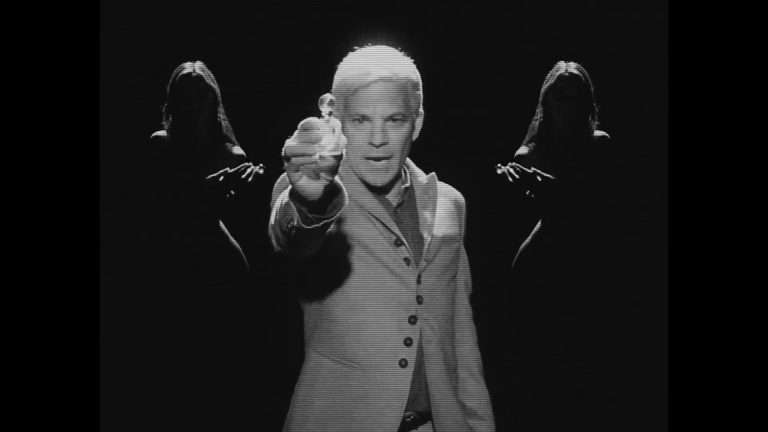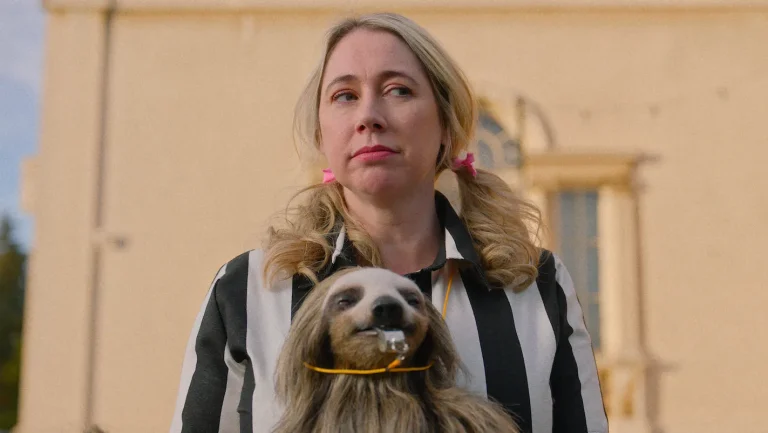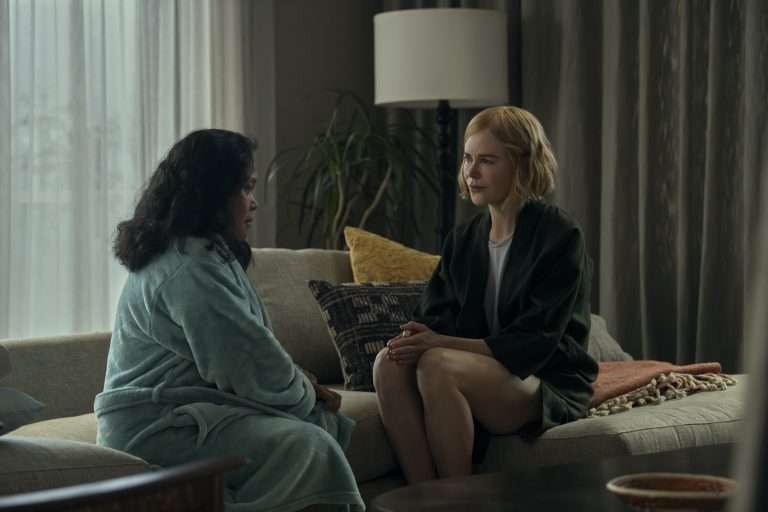Rye Lane (2023) ‘HULU’ Movie Review: Unpredictable but hilarious meet-cutes. Casual introductions double down to an exchange of actual names hours later. Grand romantic gestures. Troubling previous partners. Bad karaoke is becoming good on charming lovelorn duets. And, of course, crazy kisses. Modern dating dramas have invariably been comedies and, needless to re-iterate, have been dotted with these tropes, seen countless times before on screens big and small. To say that you can find all of this mush in nearly every stale Netflix rom-com would be a gross understatement.
You would find all of these tropes in a neatly arranged sequence in Rye Lane, which marks the Sundance-premiering feature directorial debut of British indie filmmaker Raine Allen-Miller. In fact, even the narrative to support these elements is rather formulaic and stitched into the fabric of the usual pleasant and sunny crowd-pleasers. However, somehow, none of these are actual complaints about this bustling South London drama, and in fact, they help our thriving engagement with it come together quite nicely in the end.
First, some heads-up. Set in the suburbs of South London and rapidly name-calling its various neighborhoods, the film follows Dom, a twenty-something “successful” accountant who had been cheated by his girlfriend of six years some time ago, and that too with his best friend. He is used to scrolling her social media and crying all the way in “not-so-private” spaces, including the unisex bathroom of his friend Jules’s art exhibition. It is here that he bumps into Yas, a friend of Jules’s girlfriend, whom he meets later on and kicks in a casual little stroll with, which turns into a day-and-night-long conversation forming the major part of this film’s running time.
In the process, not only do the pair get to know about each other’s fascinations and hobbies, but they also get a sneak peek into the incredibly fucked-up (but immensely real) love lives of each other and get two swellingly dramatic moments tackling them on a first-hand basis. The things are so consistently quirky and edgy (on a lighter note, of course) that there is always some kind of believability to the fact that the film is always on the edge of exploding into a rhyming banter and becoming a full-fledged musical.
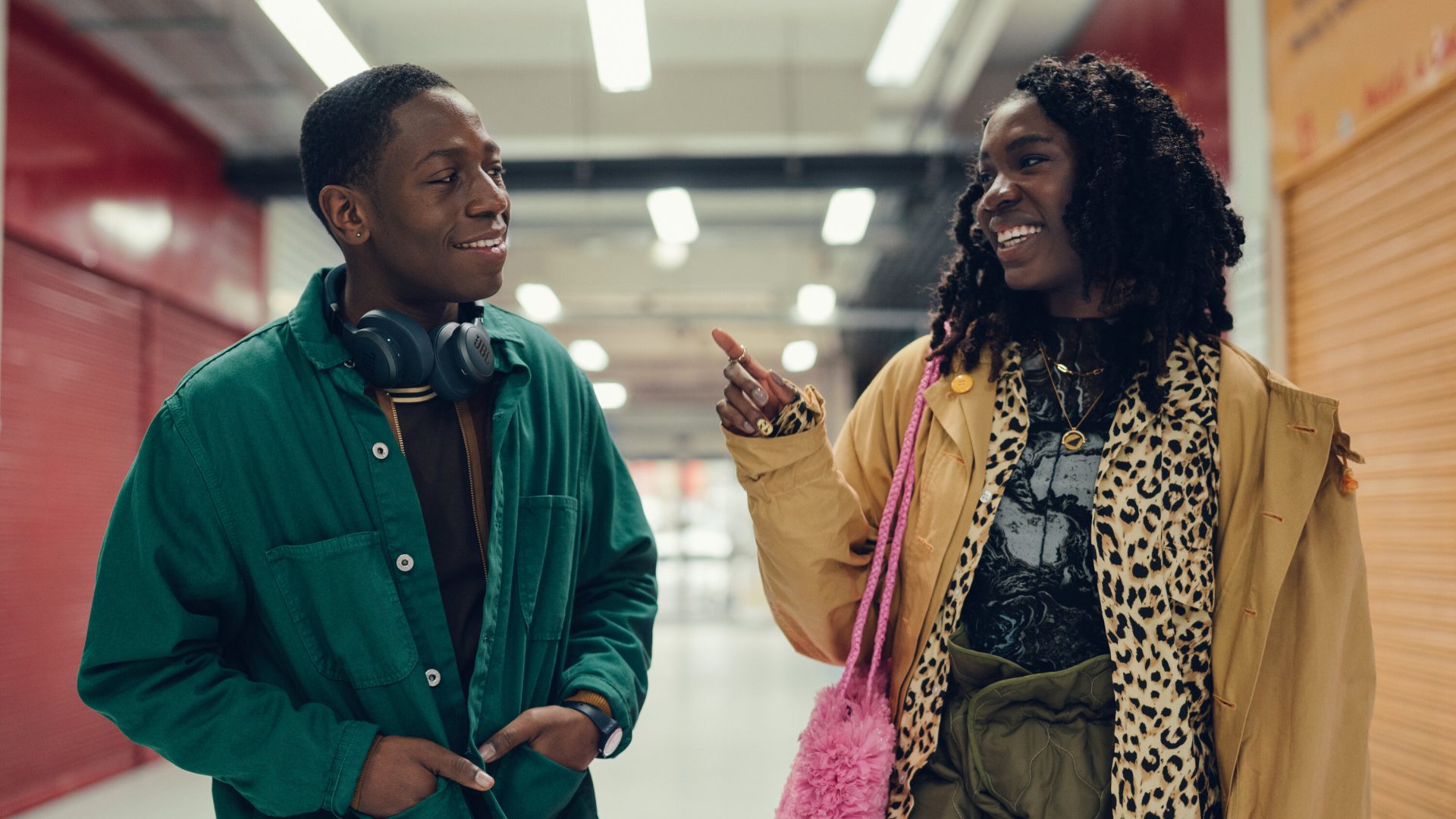
Co-written by Nathan Bryon and Tom Melia, the film keeps its voluminous and over-the-top flavor rooted enough for it to feel like it is about regular young individuals who are, at best, past teenage. Some of its visual gags are incredible, and the resistance to look “progressive” and “literate” for the sake of it makes it all the wiser. This doesn’t mean that the film is opaque toward the psyche of people who live in the modern world and belong to the age group as its protagonists. For one, it is soundly aware and rather subtle about the feeling of being lonely and left-out and lonely post-breakup and the fact that there can be people who choose to cover up their reality with a story. The fact that it restores normalcy to fabrication would make a large number of people feel seen.
The cinematography by Olan Collardy perfectly captures the vibrant locales, markets with their own unique characters, and spaces exploding with colorful possibilities- this is exactly how you make a city a character in its own right, even in a film where it is not quite needed. The editing by Victoria Boydell is fairly snappy and doesn’t give into lazy and worn-out histrionics. However, the one department that truly moves the deliverances of the genre forward is Rye Lane’s costumes, designed by Cynthia Lawrence and Danielle Westwood. Cleverly color-coded, they truly help Dom, Yas, and even subordinate characters such as their exes and other kin to express themselves even when they are not speaking, a definitive trademark of brilliant fashion.
The quality of the performances given by the film’s two leads parallels the quality of the film. Initially hard to get into and a wee bit theatrical, David Jonsson and Vivian Oprah are outstanding when in their element as fast-talking, uber-cool, and niftily smooth twenty-somethings humorously navigating the dramatic dorms of their previous relationships while establishing their present, blooming one in a matter of minutes.
In fact, their respective finest hours come when they are not doing all of that- in the third act, their presence becomes more restrained and subdued, longing for each other through their presence in their own private spaces. Jonsson is slightly more compelling as Dom, his sensitivity and maturity reflecting even in the most laugh-out-loud moments, making his presence a bit more human and a bit less cardboard.
This also makes me come to the problems with the film. In the end, despite all the unique and representational steps it takes to repair the blandness of rom-com as a sub-genre, the film remains basic. It is safe, and it never quite becomes clear if it really owns up to being afraid of taking big swings and going for total re-invention. While I like that it is never trying to be especially radical or intelligent all the way, its characters are easy to get into in the sense that they are cut out from a set template, the one which has been studied and written about for ages now.
Nevertheless, it is a sunny and quirky romantic comedy that owns up to its glorious highs and occasional lows with a sense of style and substance. Its decision to resist musicality and keep in touch with the real, outer world is something that will stay with me for quite some time.


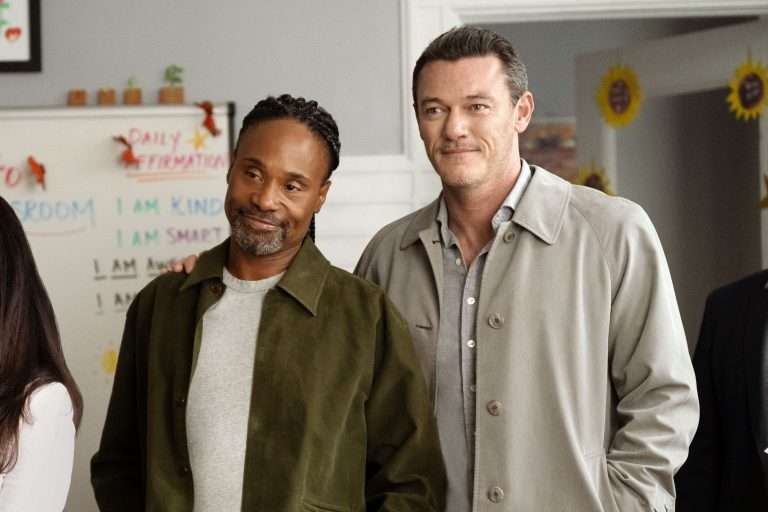
![The Age of Shadows [2016] – A Spy Thriller with Electrifying Setpieces](https://79468c92.delivery.rocketcdn.me/wp-content/uploads/2017/03/the_age_of_shadows-cover-768x433.jpg)
![Madres [2021] Review: A Half-baked Political Horror Film that Misses more than it Hits](https://79468c92.delivery.rocketcdn.me/wp-content/uploads/2021/10/Madres-2021-Movie-Review-3-768x432.jpg)
